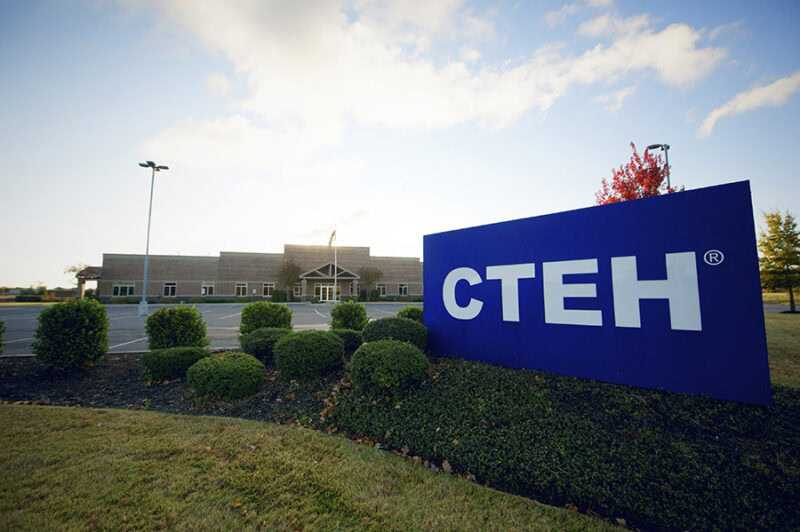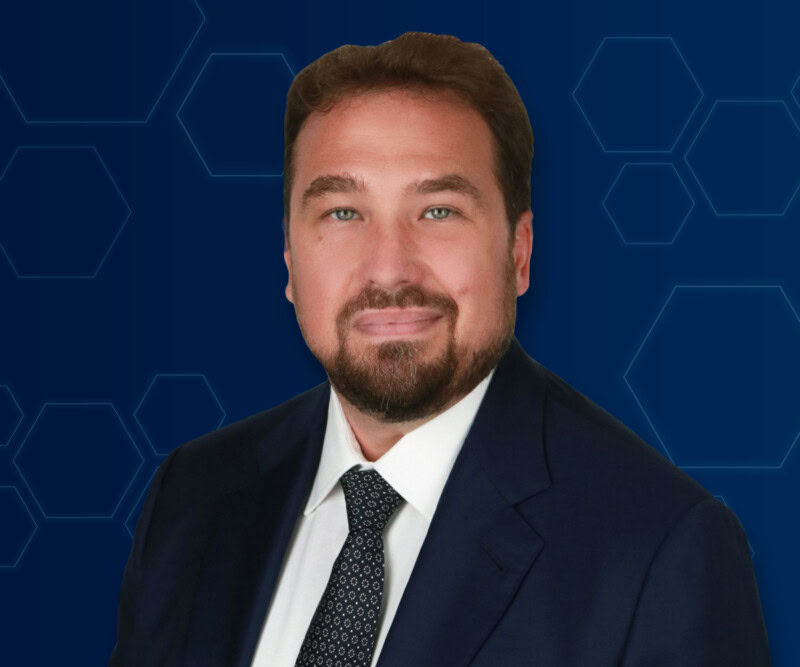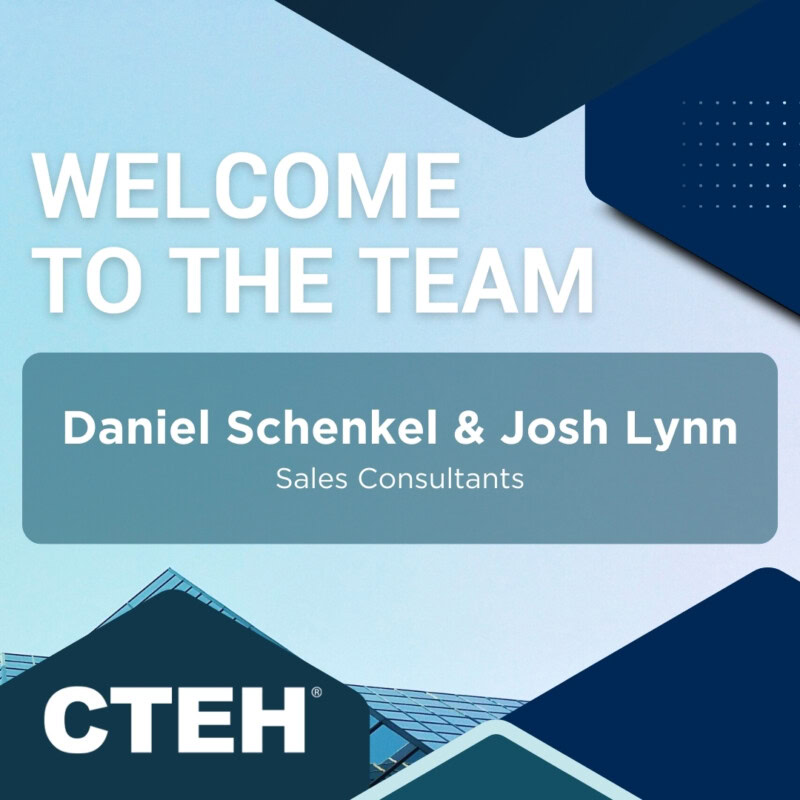We are excited about all of our recent hires introductions and the strategic growth at CTEH. This week we sat down with Michael Lumpkin, Ph.D., DABT, senior toxicologist, to discuss his recent transition to CTEH, favorite areas of practice and more about him personally. Dr. Lumpkin has over 12 years of experience in the toxicology industry and specific interest in the unique area ofphysiologically-based pharmacokinetic (PBPK) modeling, read more about his expertise by following this link.
InsideCTEH: What drew you to CTEH? Tell us a little about your background in this field?
Lumpkin: I appreciate the unique opportunities afforded to high-end, niche service technical consultancies such as CTEH. I find consulting toxicology interesting in the variety of project types and the requirement to develop and apply novel scientific solutions to complex problems. In the area of chemical emergency response, CTEH is unequaled, and works on a project venues that rewards outside-of-the-box thinking in a real-time decision-making environment.
InsideCTEH: What attracted you to this particular field – workplace and environmental health? Was it something that you knew during school or did it come later?
Lumpkin: While a graduate student at the University of Georgia, I served as a volunteer firefighter for the small town in which I lived outside of Athens. I learned that, when it came to making decisions about chemical risks, most of my fellow emergency responders occupied two extremes of opinion. Unknown chemicals were either a thing to be feared and avoided carte blanche, or were not of any special concern at all. I think the general public leans more toward the former position, while many workers exposed to various chemicals in the workplace are relatively insensitive to issues of health hazard and risk. I am as fascinated by the dynamics of exposure scenarios as I am with the biology of human/chemical interactions, and understand the importance of bringing the best science from both areas to bear on real-time occupational, environmental, and community health issues.
InsideCTEH: What is your favorite area of toxicology and why?
Lumpkin: I will always be fascinated by computational toxicology, which involves computer simulation of the behavior and effects of chemicals on humans and animals. I doubt that we will ever attain a complete “human-on-a-chip”; the more detail we uncover and apply in computational models, the more we appreciate the deeper levels of biological complexity that make humans so incredibly unique. Nevertheless, there are exiting ongoing advances in predicting toxicity of the hundreds of thousands of chemicals in use today, using novel computational methods. Good toxicology must be the gatekeeper that assures these new and powerful methods are properly designed and interpreted as they find application in medicine, government regulation, and chemical risk assessment.
Inside CTEH: What is one of your most successful/proud moments in your career as a toxicologist and why?
Lumpkin: I recall responding to a small laboratory chemical spill at an aircraft manufacturing plant. Although small in scope, the incident had resulted in plant evacuation, ER visits, and a growing sense among workers that they may have been adversely affected by an exotic cocktail of compounds. I was able to work with in-house safety staff to pull together the key pieces of data that were available, but not yet brought together to adequately communicate health risks from the incident. In the end, the distrust of the workers was quickly alleviated by our analysis of the incident, medical records, and chemistry. No one was actually injured, and risk communication was successfully used to put a workforce back on track to do what they did best: build great aircraft.
….For the fun stuff:
InsideCTEH: What is your favorite sports team?
Lumpkin: The Georgia Bulldogs of my Alma Matter. I must, however, tip my hat to the Fighting Banana Slugs of UC Santa Cruz. That is a classic mascot choice!
InsideCTEH: What do you enjoy doing on the weekends?
Lumpkin: Outdoors activities such as hiking, biking, kayak fishing, and camping, all with my wife and children.
InsideCTEH: Where is one place in the world you would like to travel?
Lumpkin: Actually, my ultimate destination would be outer space. High speed and zero gravity would be great. I am a fan of dramatic sunrises and sunsets, but I would love to see those from low-earth orbit.




